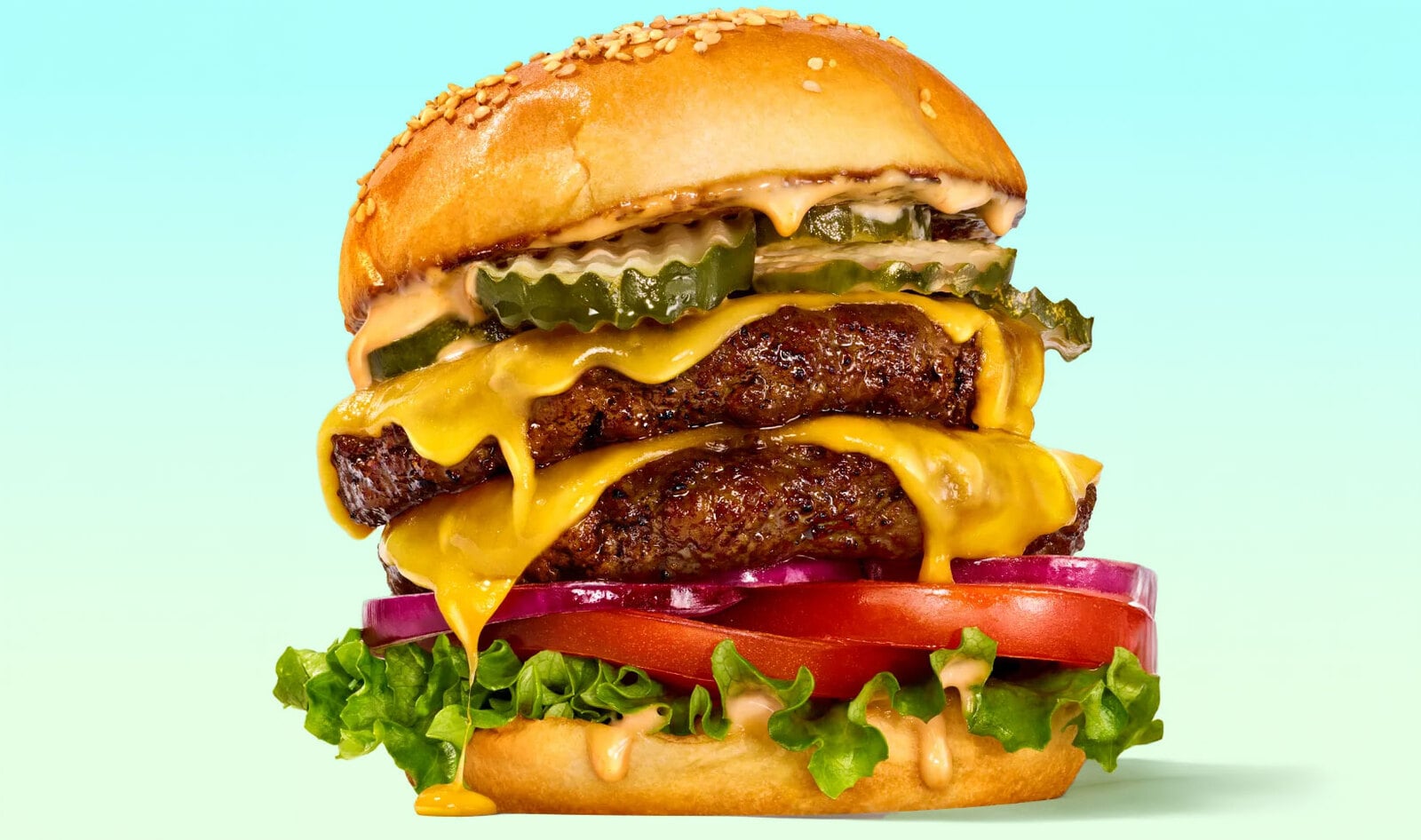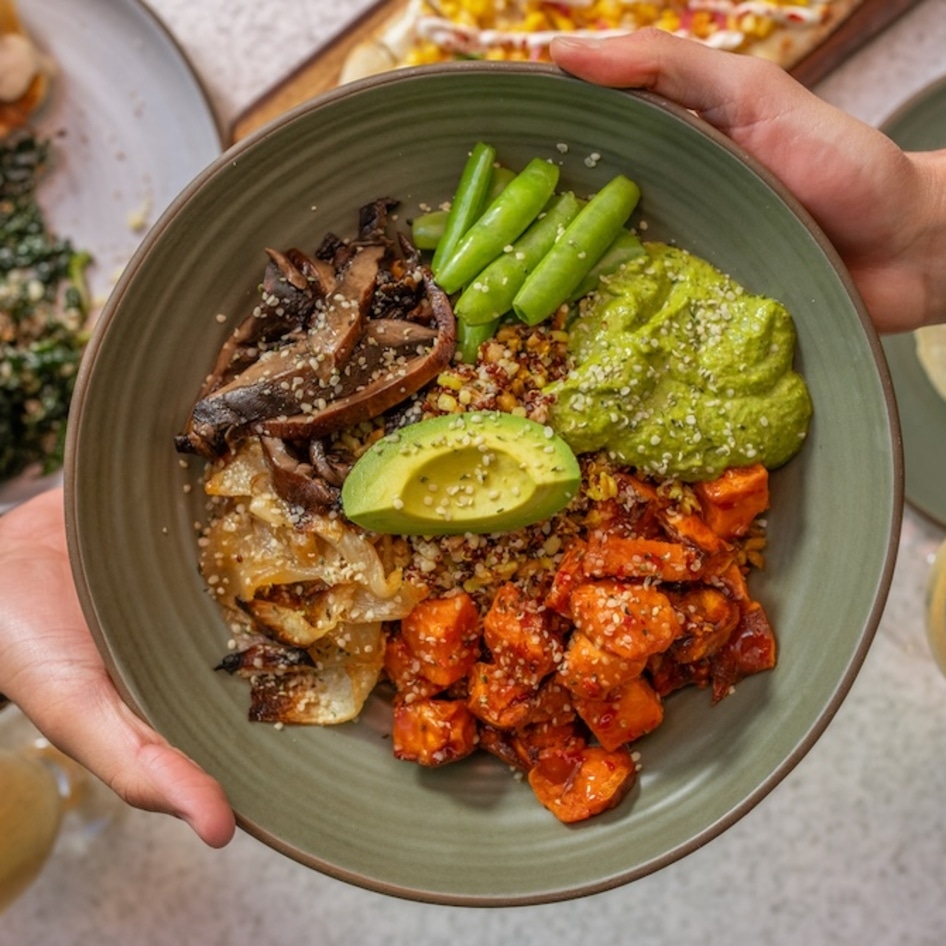“You’re being lied to about ‘ultra-processed’ foods,” reads a recent Vox headline. The article explores a study widely reported on over the summer linking ultra-processed meat substitutes to an increased risk of heart attacks and strokes. “Vegan fake meats linked to heart disease, early death,” wrote the New York Post.
For a diet generally linked to reduced risks for heart disease, the findings were shocking. And, according to Vox, untrue: “Just 0.2 percent of calories across the sample came from meat alternatives. The bulk of the plant-based ultra-processed calories instead came from what the authors describe as ‘industrialised packaged breads, pastries, buns, and cakes,’ and ‘biscuits,’ better known in the US as cookies—foods that have little to do with plant-based meats or other specialty vegan products. The new generation of vegan burgers, including Impossible and Beyond burgers, did not yet exist when the data was collected between 2009 and 2012.”
University of São Paulo researcher Fernanda Rauber, lead author of the study told Vox that given the small caloric contribution, the researchers can’t draw “any meaningful conclusions about plant-based meat alternatives specifically.”
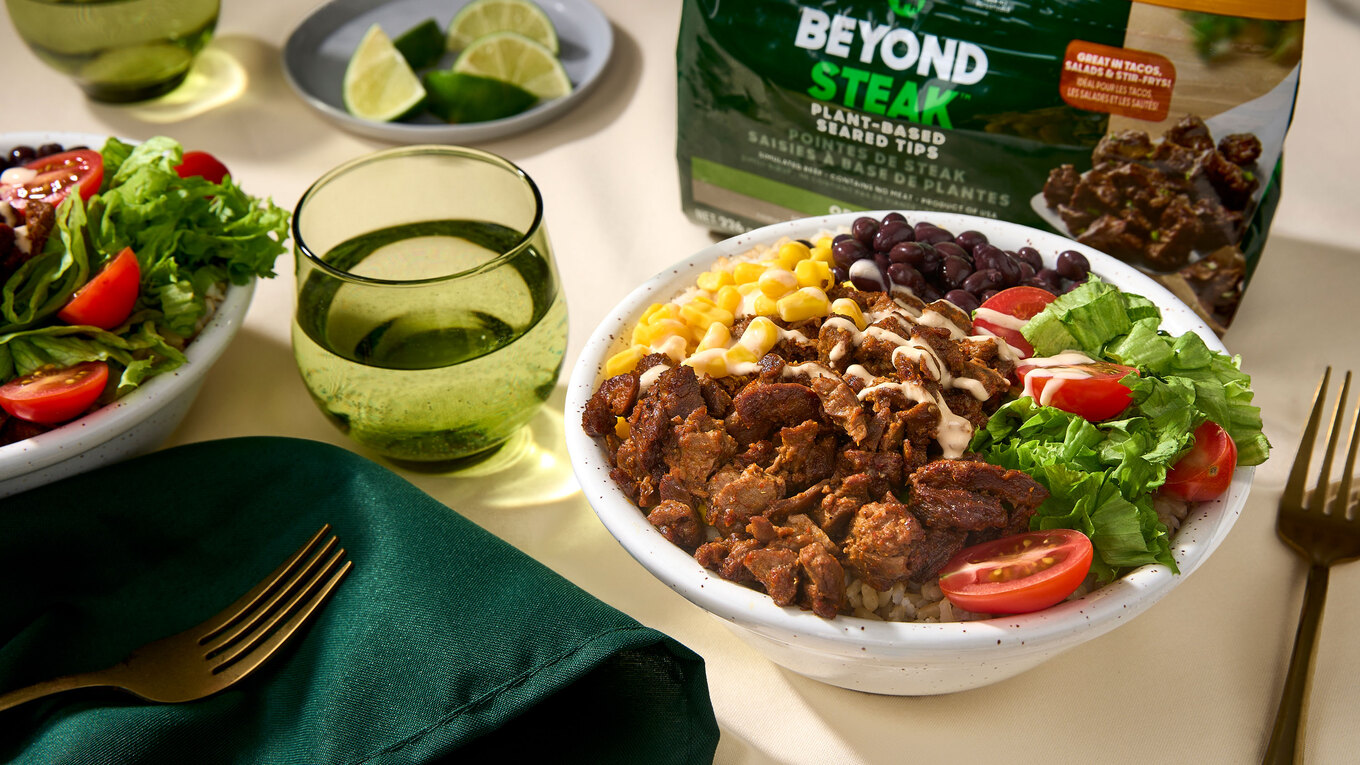 Claims about heart attack risk don’t align with the American Heart Association (AHA) either. In 2023, the organization awarded its Heart-Check certification to Beyond Meat’s Beyond Steak, marking the first time a plant-based meat product received this endorsement. This certification indicates that Beyond Steak meets the AHA’s nutritional criteria for heart-healthy foods, including considerations for saturated fat, cholesterol, and sodium content. Later that year, Impossible Foods’ Impossible Beef Lite also earned the Heart-Check certification, becoming the second plant-based meat product to receive this recognition.
Claims about heart attack risk don’t align with the American Heart Association (AHA) either. In 2023, the organization awarded its Heart-Check certification to Beyond Meat’s Beyond Steak, marking the first time a plant-based meat product received this endorsement. This certification indicates that Beyond Steak meets the AHA’s nutritional criteria for heart-healthy foods, including considerations for saturated fat, cholesterol, and sodium content. Later that year, Impossible Foods’ Impossible Beef Lite also earned the Heart-Check certification, becoming the second plant-based meat product to receive this recognition.
Still, ultra-processed foods (UPFs) are under increasing scrutiny for their potential health risks—yet public understanding of what constitutes “ultra-processed” remains murky. The term, coined by nutrition researchers, categorizes foods based on their level of industrial processing. The researchers at the University of São Paulo in Brazil, developed the Nova classification system, which categorizes foods into four groups based on the extent and purpose of their processing. Introduced in 2009, it aims to help consumers and policymakers understand the nutritional impact of ultra-processed foods (Group 4) compared to minimally processed or whole foods (Group 1).
But these broad classifications often group wholesome plant-based proteins alongside genuinely unhealthy options, creating confusion for consumers. This misrepresentation underscores the need for better public understanding of minimally processed foods versus UPFs. While the Nova classification system offers some clarity, its broad groupings often miscategorize long-standing vegan staples like tofu and tempeh as UPFs. Harvard nutrition expert Walter Willett observed:
“Some of the plant-based alternatives to meat are quite a bit healthier, it looks like, than the actual beef or pork that people are consuming.”
The Nova classification
The Nova classification system divides foods into four categories based on their level of processing:
- Group one includes whole or minimally processed items such as fresh fruits and vegetables, whole grains, legumes, nuts, milk, and unprocessed cuts of meat.
- Group two comprises “processed culinary ingredients,” like oils, butter, lard, sugar, and salt, typically used in cooking and food preparation.
- Group three encompasses processed foods, which are made by combining items from groups one and two, such as baked breads, homemade desserts, and sautéed dishes.
- Group four, known as ultra-processed foods, consists of industrial formulations that rely on additives like dyes, flavorings, emulsifiers, and certain sugars (e.g., fructose) that are uncommon in home kitchens.
Minimally processed vegan protein sources
The classification of foods by processing level provides a framework, but it is far from perfect. Many vegan proteins labeled as UPFs are not only nutritionally sound but also more sustainable than animal-based options. Brands like Beyond Meat and Impossible Foods, though technically in Nova Group 4, offer alternatives with lower saturated fat and a fraction of the carbon footprint of beef.
So, where do popular vegan protein sources fall on the UPF scale, and which branded products offer the best options?
 Lentils: Nova Group 1
Lentils: Nova Group 1
Lentils, a dietary staple worldwide, are classified as unprocessed or minimally processed (Nova Group 1). A single cooked cup provides 17.9 grams of protein, along with fiber, iron, and folate. They require no additives or industrial processes, making them a top-tier vegan protein.
For convenience, brands like Eden Foods offer organic canned lentils with no added preservatives, ensuring minimal processing without sacrificing nutritional value.
 Chickpeas: Nova Group 1
Chickpeas: Nova Group 1
Chickpeas, or garbanzo beans, are another Nova Group 1 food, delivering approximately 14.5 grams of protein per cooked cup. They are available in various forms, from dried beans to minimally processed canned options.
Well-known brands like Goya and Trader Joe’s offer chickpeas in BPA-free packaging, making it easier for consumers to incorporate this protein-rich legume into their diets. Like lentils and chickpeas, all other pulses will also fall under the Nova 1 category unless they have undergone some processing—baked beans, for example, would fall under group 3.
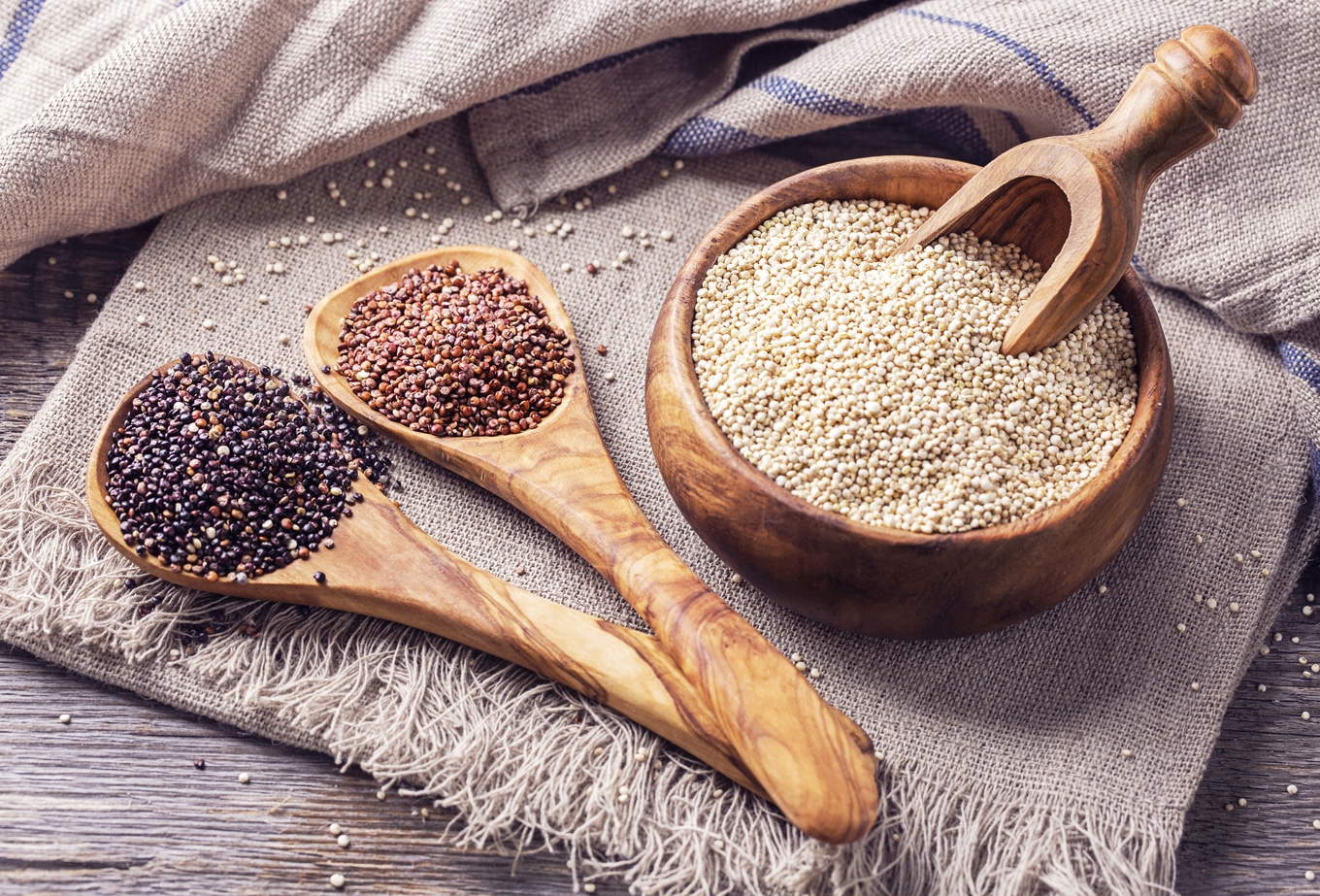 Quinoa: Nova Group 1
Quinoa: Nova Group 1
Quinoa, often referred to as a superfood, is a minimally processed complete protein. With eight grams of protein per cooked cup and all nine essential amino acids, quinoa stands out among grains (it’s biologically a seed). It is harvested, cleaned, and packaged without additives, keeping it firmly in Nova Group 1.
For quality quinoa, brands like Bob’s Red Mill and Alter Eco provide organic, fair-trade options that align with sustainable practices.
 Tofu: Misclassified as Nova Group 4
Tofu: Misclassified as Nova Group 4
Tofu, derived from soy milk, provides seven grams of protein per 100 grams and is a culinary chameleon in vegan cooking. Despite its simple preparation process—coagulating soy milk and pressing the curds—it is often misclassified as Nova Group 4 due to the inclusion of thickeners or flavorings in certain commercial varieties. “This fact, more than anything else about the study, set off my BS detector,” Marina Bolotnikova wrote in Vox.
“While plain tofu itself might not be considered ultra-processed, we observed that many options available on the market at the time of data collection contained natural flavorings, thickeners like guar gum, and other ingredients that align with the Nova definition of UPF,” Rauber wrote.
Tofu has been consumed for centuries across East Asia, preceding industrialized food. For minimally processed tofu without additives, look to brands like Wildwood or Hodo, which emphasize organic ingredients. Both Trader Joe’s and Whole Foods Market also offer clean house labels.
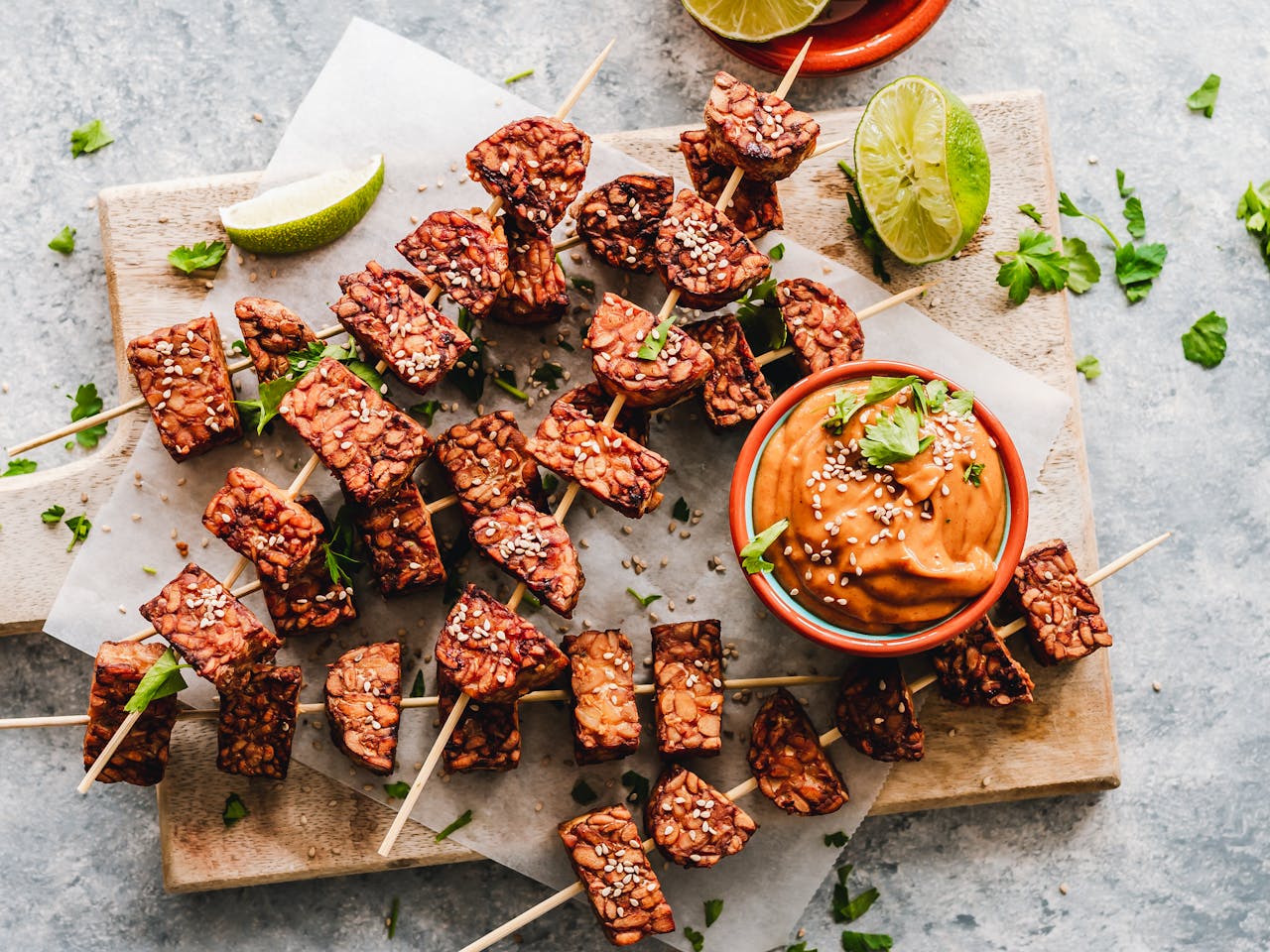 Tempeh: Misclassified as Nova Group 4
Tempeh: Misclassified as Nova Group 4
Tempeh, a fermented soybean product, is arguably misclassified when placed in Nova Group 4 alongside highly processed items. Its preparation involves fermentation and pressing, processes that enhance digestibility and nutrient availability. With 15 grams of protein per 100 grams, tempeh belongs in Nova Group 1 for its simplicity and traditional preparation.
Lightlife and Tofurky are standout brands offering organic tempeh with clean ingredient lists, ensuring consumers get the most natural version of this protein-rich food.
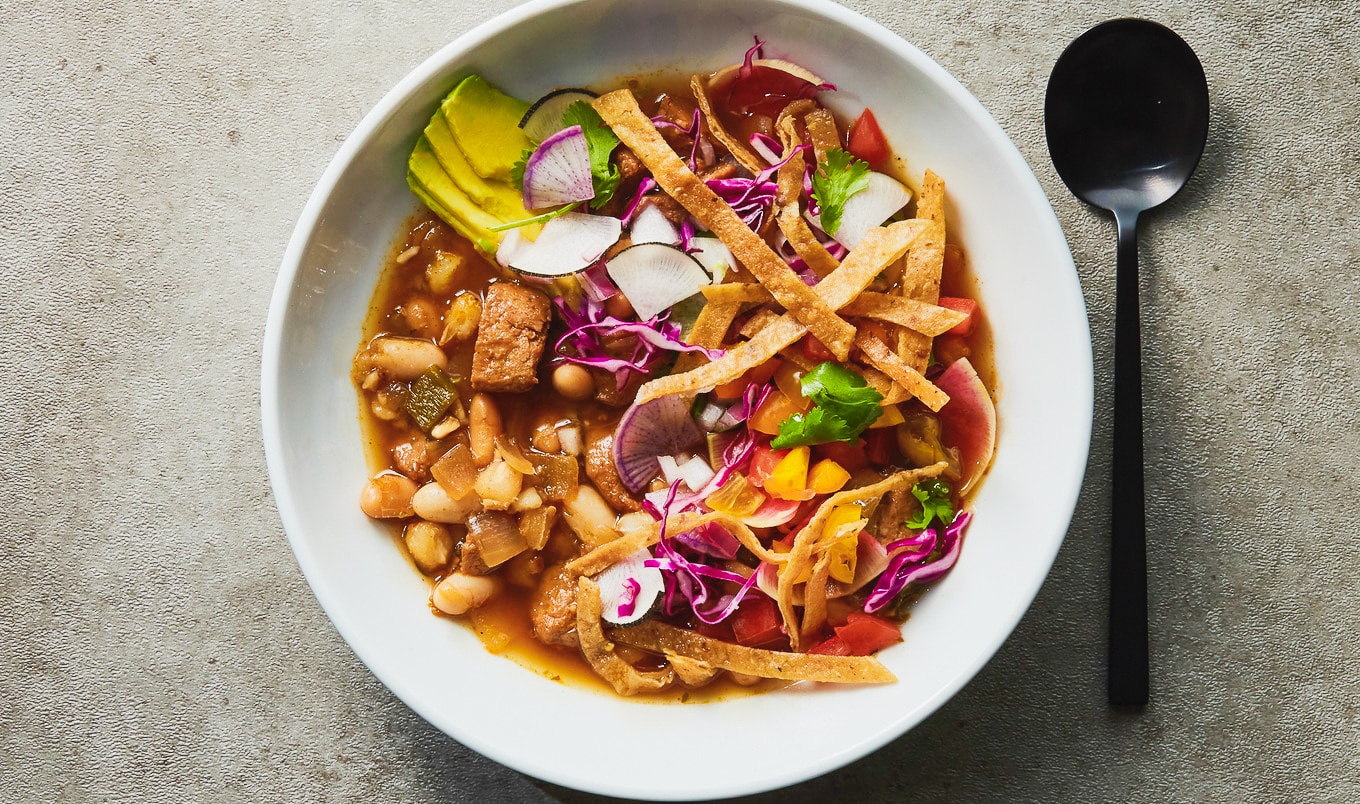 Seitan: Nova Group 3
Seitan: Nova Group 3
Seitan, or wheat gluten, offers an impressive 25 grams of protein per 100 grams. It is created by washing wheat dough to remove starch, leaving behind a dense, protein-rich mass. Though slightly processed, its preparation aligns with Nova Group 3, a category reserved for foods made with simple combinations of Group 1 and 2 ingredients.
Popular brands like Upton’s Naturals and Sweet Earth offer seitan in various flavors, providing a high-protein alternative to traditional meats.
 Cottonbro Studio
Cottonbro Studio
Edamame: Nova Group 1
Edamame, young soybeans still in their pods, are as close to unprocessed as a plant-based protein can get. With 18.4 grams of protein per cooked cup, they are rich in fiber and vitamins. Steamed or boiled, they fit firmly in Nova Group 1.
Brands like Cascadian Farm and Trader Joe’s offer frozen edamame, making it an easy addition to meals or snacks.
 Nutritional Yeast: Nova Group 3
Nutritional Yeast: Nova Group 3
Nutritional yeast, a deactivated yeast often fortified with B vitamins, is a favorite among vegans for its cheesy flavor. With eight grams of protein per two tablespoons, it falls under Nova Group 3 due to the fortification process.
Bragg’s Nutritional Yeast is a popular choice, known for its high-quality production and nutritional value.
 Beyond Burger: Nova Group 4
Beyond Burger: Nova Group 4
The Beyond Burger, developed by Beyond Meat, is crafted from a blend of pea protein, rice protein, mung bean protein, oils, potato starch, apple extract, sunflower lecithin, and pomegranate powder. The inclusion of beet juice imparts a meat-like color. The California-based brand recently swapped out coconut and canola oil for avocado oil, and does bear the AHA approval. But due to its extensive ingredient list and processing methods, Beyond Burger is classified as an ultra-processed food (Nova Group 4). It does boast some notable nutrition profiles: One 4-ounce patty provides 20 grams of protein, 14 grams of total fat (5 grams saturated), and 1 gram of salt.
 Impossible Burger: Nova Group 4
Impossible Burger: Nova Group 4
Impossible Foods’ Impossible Burger utilizes soy protein concentrate, coconut oil, sunflower oil, and heme derived from soy leghemoglobin to replicate the taste and texture of beef. The production process involves multiple industrial steps and additives, categorizing it as an ultra-processed food (Nova Group 4). A 4-ounce serving contains 19 grams of protein, 14 grams of total fat (8 grams saturated), and 370 milligrams of sodium. Despite its processing level, it serves as a popular meat substitute with a lower environmental footprint compared to traditional beef.
BECOME A VEGNEWS VIP: Get exclusive product deals, freebies, and perks galore!

Just Egg: Nova Group 4
Just Egg, produced by Eat Just, is a plant-based egg substitute primarily made from mung bean protein isolate, canola oil, and turmeric for color. The product undergoes significant processing to achieve an egg-like texture and flavor, placing it in the ultra-processed category (Nova Group 4). Per serving, Just Egg provides 5 grams of protein and 5 grams of fat, offering a cholesterol-free alternative to chicken eggs. Its convenience and versatility make it a favored choice among plant-based consumers, though its processing level is noteworthy.
For more plant-based stories like this, read:
JUMP TO ... Latest News | Recipes | Guides | Health | Subscribe

